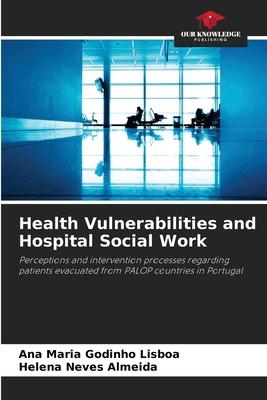The health cooperation agreements signed between Portugal and the PALOP countries after the independence of the Portuguese colonies in Africa (1974 and 1975) are still in force today and make it possible to maintain ties when the country of origin lacks the technical capacity and/or human resources to guarantee the necessary health care for its citizens. This research aims to understand the vulnerability factors of patients and families under these protocols and how the Social Service responds to the specificities of their experiences in the hospital area. It is an ethnographic study, developed as part of the master’s degree in Social Work at the FPCE of the University of Coimbra, based on two analytical axes: vulnerabilities in health and social intervention processes. The analysis of the data collected shows individual, social and programmatic/institutional vulnerabilities, the indicators of which tend to intensify with gaps and non-compliance with agreements. Social work respects the specificities of each culture, with an impact not only at a micro (patient) and meso (family/institution) level, but also at a macro level (public policies).
| FindBook |
|
有 1 項符合
Godinho Lisboa的圖書 |
 |
$ 2400 | Health Vulnerabilities and Hospital Social Work
作者:Godinho Lisboa 出版社:Our Knowledge Publishing 出版日期:2024-04-29 語言:英文 規格:平裝 / 84頁 / 22.86 x 15.24 x 0.51 cm / 普通級/ 初版  看圖書介紹 看圖書介紹
|
|
|
圖書介紹 - 資料來源:博客來 評分:
圖書名稱:Health Vulnerabilities and Hospital Social Work
|










